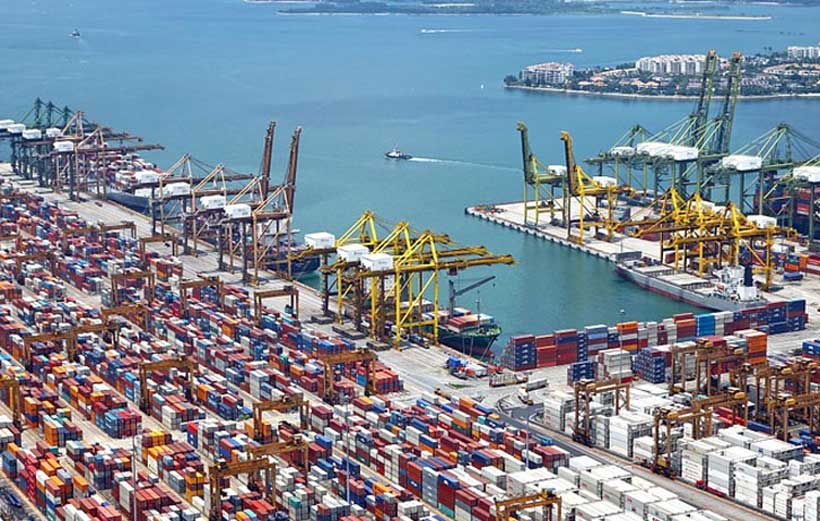International Monetary Fund (IMF) was created just after World War II (WWII) in 1945. The IMF is an organization of 189 countries, working to foster global monetary cooperation, secure financial stability, facilitate international trade, promote high employment and sustainable economic growth, and reduce poverty around the world.
Pakistan has been knocking doors of IMF since 1958, and it has been 21 agreements with IMF. Generally, the IMF provides loans at very low-interest rates and provides programs of better governance and monitoring too. But for the last 6 decades, Pakistan has suffered a lot, in terms of good governance. Especially last 2 decades, corruption, nepotism, poor planning, bribery, weakening of institution, de-moralization of society, etc were witnessed. We may not blame the IMF for all such evils but must complain that the IMF failed to deliver, what was expected. Of course, it is our country, we are responsible for all evils, and wrongdoings happened to us. We have to act smartly and should have made the right decision and at right times.
IMF also dictates its terms and condition or programs like: devaluation of local currencies, which causes inflation and hike in prices, cut or draw-back of subsidies on basic utilities like fuel, gas, electricity, food, agriculture etc, which causes cost of life rather higher for local people, cut on development expenditures like education, health, infrastructure, and social development etc, which pushes the country even more backward. IMF focusses only on reducing expenditures and collection of taxes to make a country to meet the deadlines of payments. IMF does not care about the development of a country, but emphasizes tax collections and payment of installments on time, to rescue a country from being a default.
While CPEC is an initiative where projects are launched in Power Generation, Infrastructure development under the early harvest program. Pakistan was an energy trust country and facing a severe shortage of Electricity. But after completion of several power projects under CPEC, the shortfall of electricity has been reduced to a great extent. One can witness no load shedding today, while, just a few years back the load shedding was visible throughout the country for several hours a day. Several motorways and highways have been completed. Gwadar port has been operational partially. Infrastructure developments are basic of economic activities.
Projects under CPEC has generated jobs up to 80,000. CPEC was the catalyst to improve GDP by around two percent during 2015-2018. CPEC has lifted the standard and quality of life of the common man in Pakistan. CPEC was instrumental to move the economic activities and circulation of wealth in society. Under CPEC, early harvest projects, 22 projects have been completed at the cost of approximately 19 billion US dollars.
It is understood that early harvest projects were heavy investment and rather slow on returns. But, these projects have provided a strong foundation for the second phase, where Agriculture, Industrialization and Social Sector will be focused. Return on Agriculture and Industrial produce is quick and also generates more jobs. The second phase will contribute toward the social development of Pakistan as well as generate wealth for the nation. Pakistan’s agriculture sector has huge potential as cultivatable land is huge, workforce is strong and climate is favorable. Regarding Industrialization, Pakistan is blessed with an abundance of mines and minerals. The raw material is cheap and the labor cost is competitive. Pakistan has 70% of its population under the age of 40 years, which means an abundance of the work force. Pakistan’s domestic market is 220 million and the traditional export market is the whole of the middle-east and the Muslim world.
The major difference between the CPEC and IMF is that CPEC generates wealth, while IMF focuses on tax collection and reducing the developments and growth. China is the latest model of developments in the modern days, China is willing to replicate its experience with Pakistan for its rapid development.


